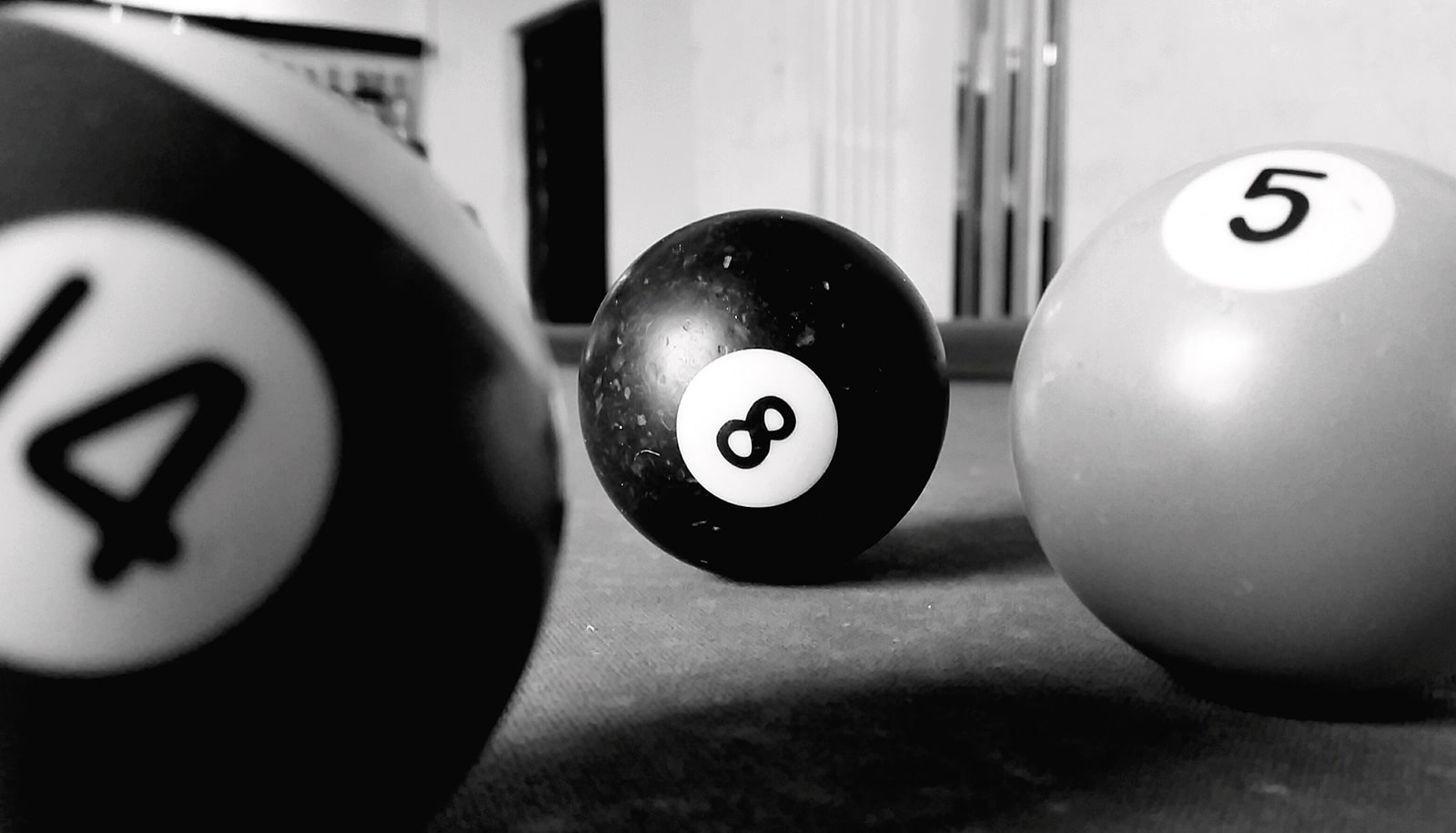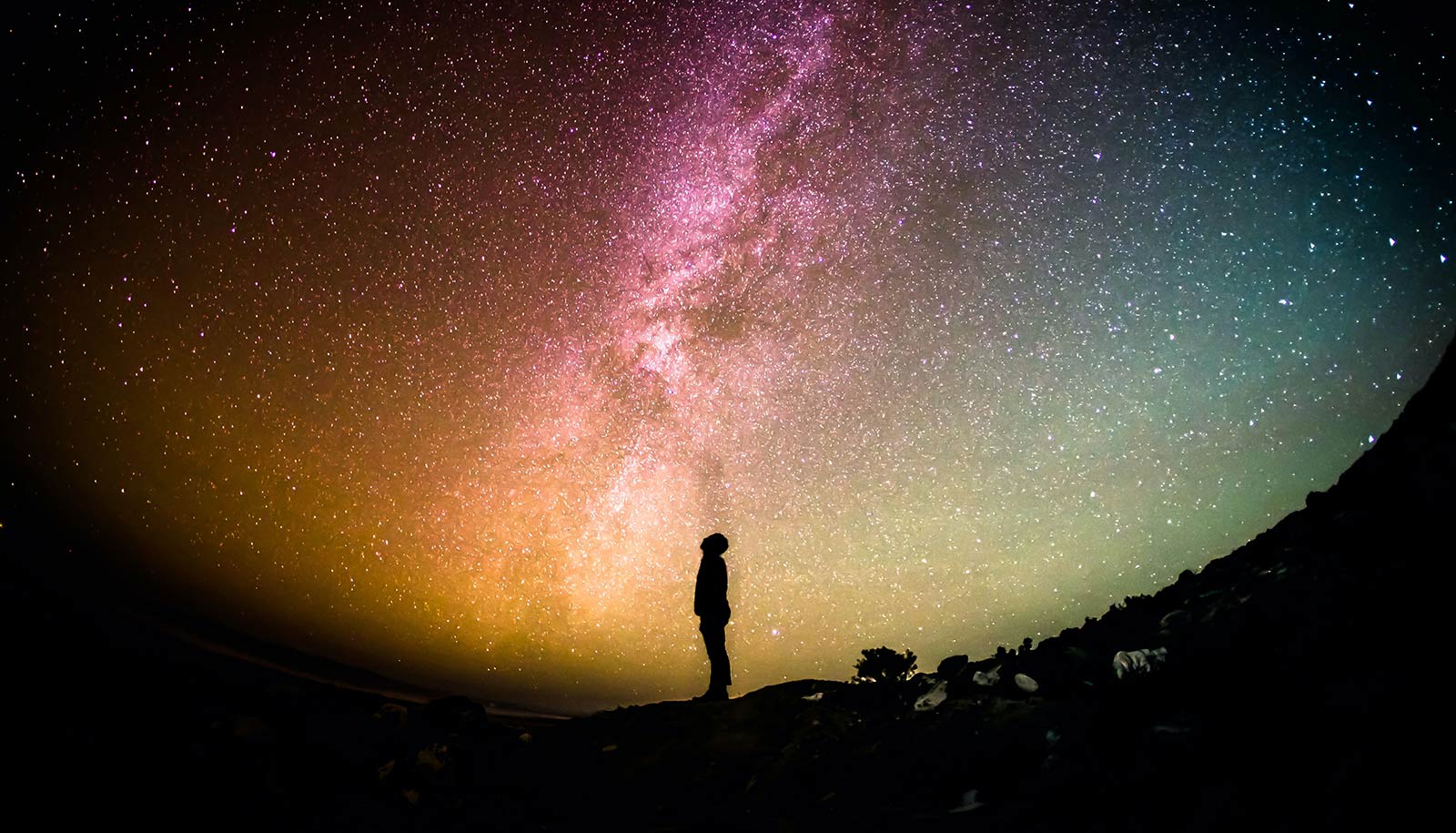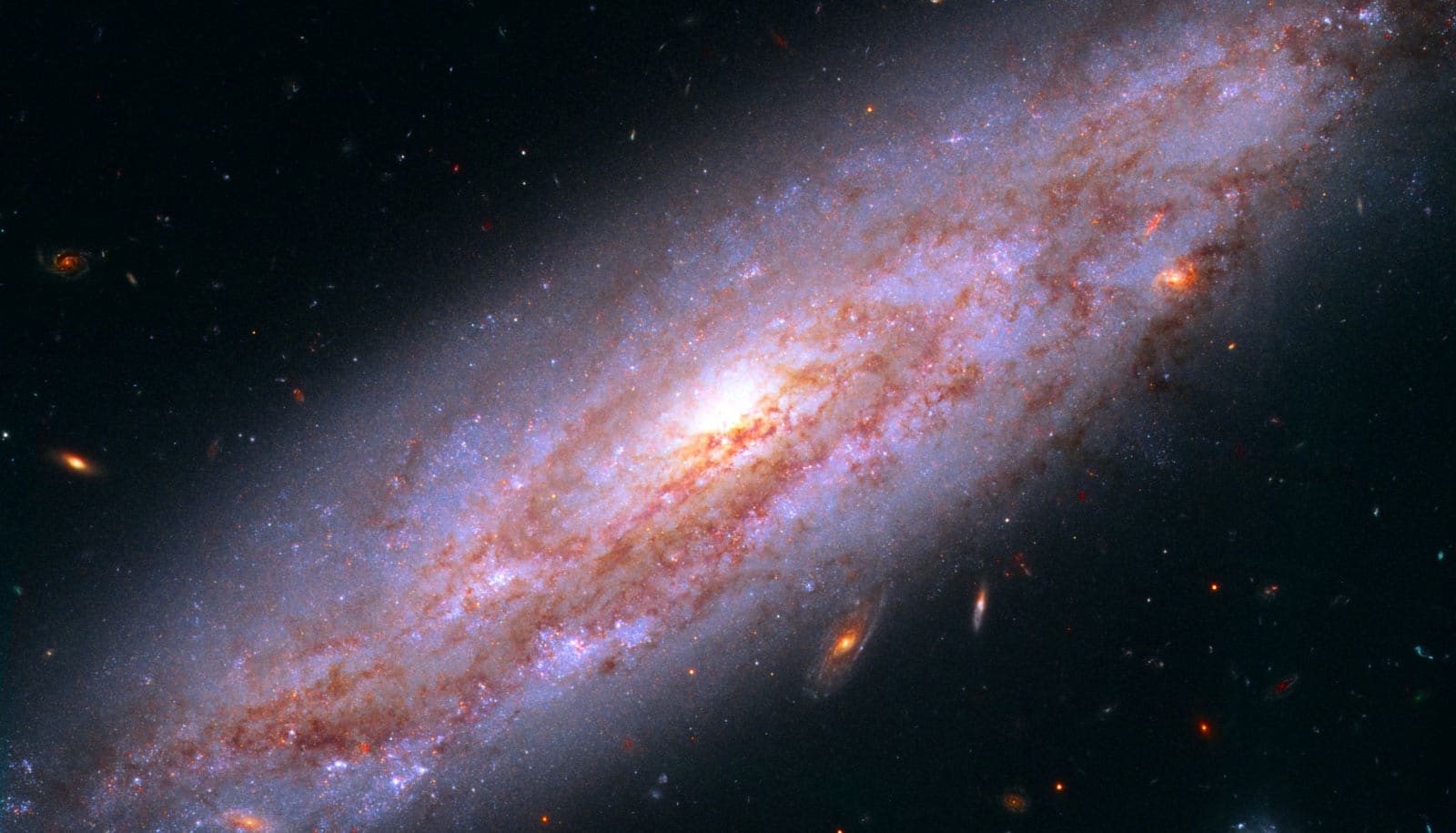In a new podcast episode, a cosmologist explains conflicting research around the Hubble constant and the Standard Model of physics.
How old is the universe—and how fast is it expanding? These are part of one of the biggest—and most contested—questions in science, and the answers could change our understanding of physics.
University of Chicago astronomer Wendy Freedman has spent decades trying to solve these very questions.
There are two ways to measure how fast the universe is expanding, also known as the Hubble constant. Freedman has done groundbreaking research to calculate this number using stars, but the problem is, her numbers don’t match up with scientists using a different method. And the implications of that difference are massive, because it could indicate that our Standard Model of physics could be broken.
Yet Freedman’s latest research, using the powerful James Webb Space Telescope, might finally give us a clearer answer.
In this episode of the Big Brains podcast, Freedman digs into the age of the universe, the mysteries of dark matter, and what all this could mean for the future of physics—and maybe even the discovery of life beyond Earth.
Read the transcript for this episode. Subscribe to Big Brains on Apple Podcasts and Spotify.
Source: University of Chicago



